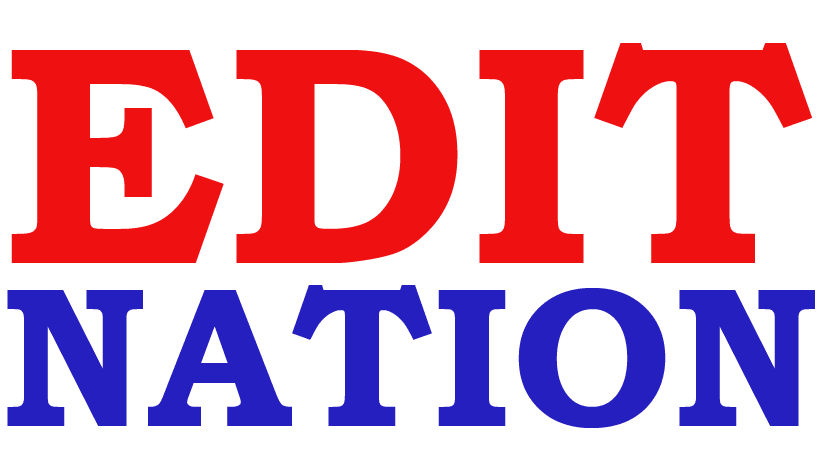I do a lot of public speaking. You know, like when “the public” can come in to your program. Not when you’re speaking in a conference, when 1500 people have to choose between your workshop and two others. Not when you’re speaking to a group like the PEO or DAR, when you are “the January speaker.” Not when someone is paying money for the privilege of hearing you speak. Not even when you’re speaking at an assisted living facility, when there are 350 people who live there, and your program is just an elevator ride away. No, I mean true “public” speaking, when anyone can (and does) come into your room.
True public speaking is
When you provide your host with your headshot and speaker’s bio within five minutes of your invite.
When you help your host market your program to the best of your ability to local newspapers, through PSAs, and to local groups who might be interested in attending.
When you provide marketing materials, like cool images, to help promote your program.
When you write your own program title, program description, and speaker introduction, and nobody has to chase you down to get that stuff.
Public speaking.
Sometimes you present a program, and the Q&A is fun, but it’s not what I call a “testing” Q&A. A “testing” Q&A happens in a workshop, more so than a “program.” A “testing” Q&A is when your audience members have their own opinions, sometimes strongly held, and you have to (tactfully. of course) set them straight.
I get “testing” Q&As when I present my editing workshops. Can you acknowledge the validity of opinions other than your own? You bet. But if you’re going to present an editing workshop, you’d best know your stuff, know your material, be confident in your position, and be prepared to defend it.
I knew I would match swords with members of “the public” when I put on my editing program in Alachua County’s Millhopper Library. I went in loaded for bear. I continued to define and defend my position about serial commas, non-traditional usage, and the continued popularity of the phrase “thought leader,” but what really put me over the top and made everybody subside was this exchange:
Me: “So none of it was affected.”
Audience member: “No, ‘none’ is always plural.”
Me: “Actually, ‘none’ is one of four words that are ‘indeterminate pronouns’: the other three are ‘some,’ ‘any,’ and ‘all,’ and, as such, the verb form and accompanying pronoun depend on the object of the preposition. For example, you could say, ‘None of the collection was stolen,’ but you could also say, ‘None of the guests were late.’ So you’d say, ‘None of it was stolen,’ or, ‘None of them were late.'”
I might have been loaded for bear, but knowing about indeterminate pronouns really saved my bacon. Things got a lot more calm after that.

Recent Comments